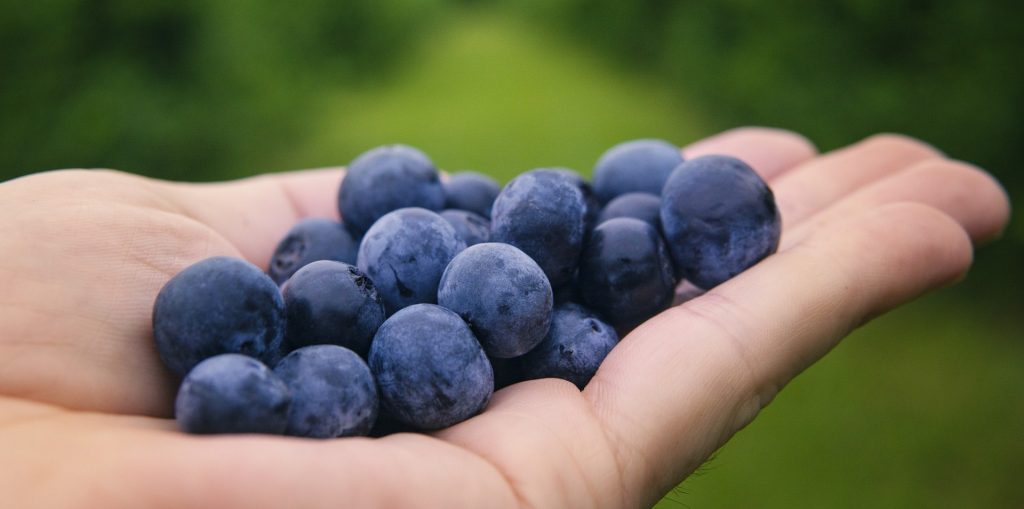Do you like fruit? No, we are not crazy, the issue we want to address here is strictly about berries and tomatoes (Yes technically tomato fruit). we will, Artificial intelligence It might make you like it sooner — or make you like it more, if you’re already a cannibal. Discussion is being taken up in the studio From the University of Florida published in the Proceedings of the National Academy of Sciences, USA. In practice, the discourse is centered around a question: What aromas and chemical compounds make fruit like a consumer?
Taste
It’s a matter the tasteis understood as A mixture of taste and aroma (There are those who also think of touch): The first is one of the five senses – the others being sight, hearing, smell, and touch – and is perceived as bitter, sour, sweet, salty, and umami by the taste buds of the tongue. Smell, on the other hand, is the taste detection of smell, which is provided by the chemicals in food: the smell itself is perceived through the nose, and the smell, through volatile compounds, (also) from the mouth.
taste algorithm
The “genetic makeup“The ideal for giving the best flavor to fruit is a utopia, and producers often prefer to prioritize this improvement.Increasing the yield and resistance of plants to diseases. Running continuous panel tests on fruit varieties to improve their taste can take a lot of time and money.
This is where AI comes into play: The University of Florida Research Team Develop an algorithm This allows you to predict how consumers will rate the flavor of blueberries and tomatoes. The database was compared with all known flavor-related compounds in all fruit varieties with current ratings provided by consumer panels. finally Mathematical model that takes into account consumer evaluations where the chemical composition of fruit varieties varies. In this way, the compounds most influential on flavor perception were identified.
Thus it appeared that volatile organic compounds “responsible for the smell“It is the ones that have the greatest influence on whether the fruit is loved or not. The result achieved with the help of artificial intelligence can have important repercussions, first of all on the Producers And on whom to choose which plants to grow: for example, it will be possible to more accurately determine which variety will be preferred over others, as well Objectively develop a tastier variety. All without expensive consumer panels, while reducing decision-making time.
By determining exactly what influences how people perceive flavor, plant growers can focus on optimizing a specific chemical compound rather than making a subjective assessment of flavor.
This process, however, Requires more improvements Take other factors into account: starting with the fact that it’s hard to say what is meant by flavor objectively Improves. playing for example Cultural issuesrelated to the type kitchen and traditions of the country in which you live. There is no doubt that the flavor of the fruit is perceived differently by Italian and Indian.













